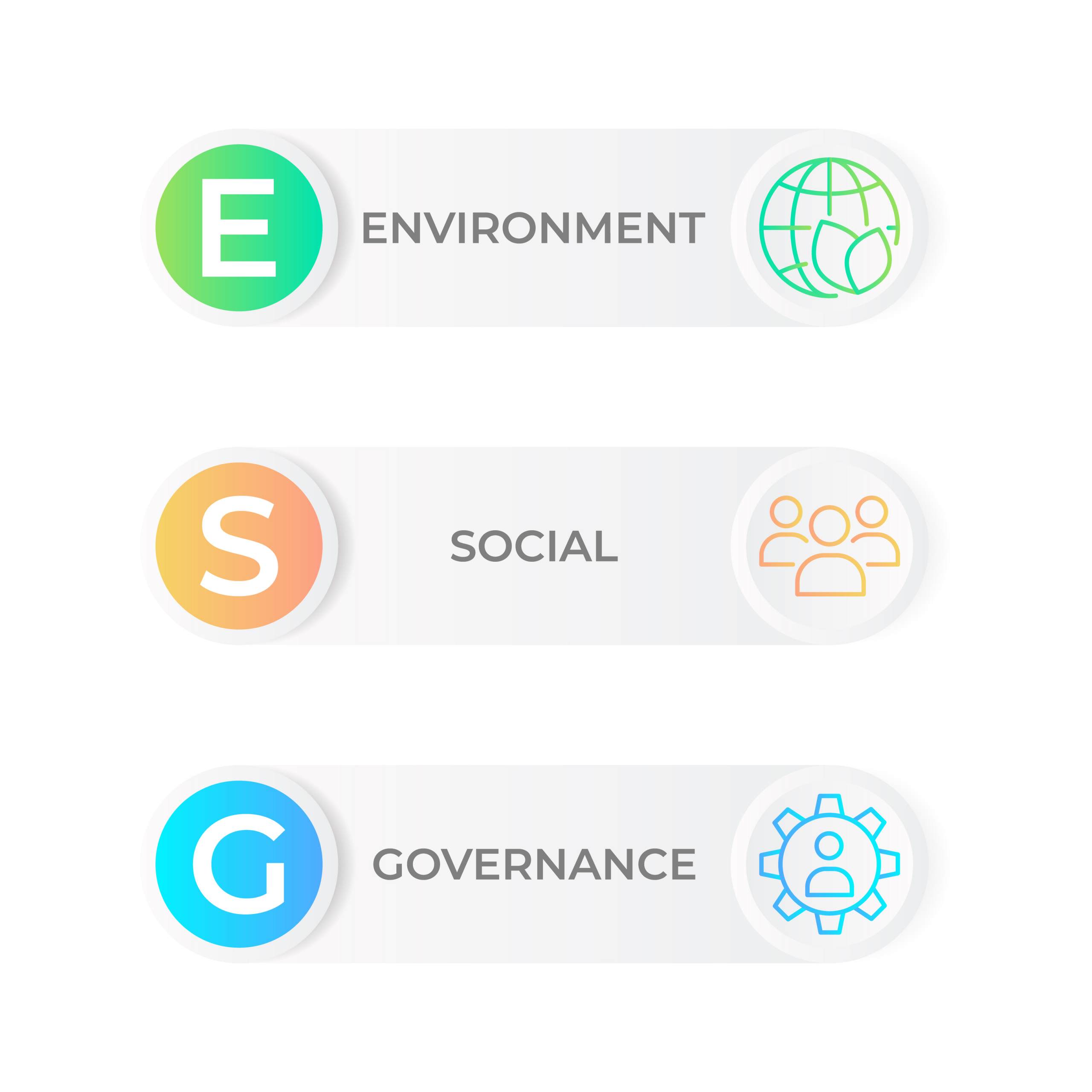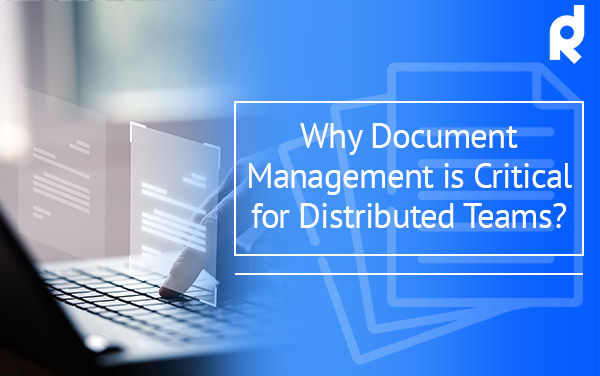What is EHS?
EHS stands for environment, health, and safety. It is a methodology used in industry for decades. It is the implementation of practical aspects of protecting the environment while also maintaining the health and safety of employees.
EHS is focused more on the present. It monitors and implements operational and contractual requirements. It looks at what a company is currently doing to see if it is up to par with regulations and standards.
EHS is more about the operational function of a business and reporting what is currently being done. It is used to avoid and mitigate risks to the company, whether that risk will lead to fines or safety incidents for the company.
EHS is essential in any industry, but it is especially critical in industries with potential environmental damage or health and safety hazards. By implementing EHS practices, businesses can help prevent accidents and injuries and minimize their operations’ impact on the environment. In some cases, such as in the oil and gas industry, EHS practices are mandated by government regulations.
However, even in industries with no specific regulations, businesses can benefit from implementing EHS practices. By doing so, they can show their commitment to protecting the environment and the health and safety of their employees. Additionally, businesses that adopt EHS practices may find that they can attract and retain employees who value these considerations better. Ultimately, companies implementing EHS practices can help create a safer and more sustainable workplace for all.
What is ESG?
ESG is a relatively new concept that had its rise in the early 2000s. It stands for environment, social, and governance. The idea is that specific environmental, social, and governance criteria should be incorporated into financial evaluations for lending or investing purposes. ESG has slowly but surely been gaining mainstream traction in recent years. An increasing number of institutional investors are incorporating these factors into their investment decisions.
This performance focuses more on the future. It is a method of analyzing what is currently being done by a company to help make plans to change policies better to match environmental, social, and governance demands.
Satisfying these demands can result in long-term shareholder value and other benefits, such as a decreased risk of climate change-related impacts. Furthermore, responsible investors are taking notice of ESG factors when deciding where to put their money. This is because they realize that companies with good ESG practices will likely be more sustainable and resilient in the long run. As awareness of ESG grows, it is likely that more and more investors will incorporate these factors into their financial evaluations.
How is Environmental, Social & Governance performance measured?

ESG performance is increasingly important to businesses and investors alike. There are several different ways to measure ESG performance, but three of the most common are environmental scoring, social scoring, and corporate governance scoring.
Environmental scoring looks at factors such as emissions, resource use, and waste management, while social scoring assesses things like employee relations, community engagement, and human rights.
Governance scoring, meanwhile, focuses on elements like board structure, executive compensation, and shareholder rights. By considering all three of these areas, businesses and investors can get a well-rounded understanding of a company’s ESG performance.
These criteria evaluate a company’s performance on environmental, social, and governance issues.
While ESG is a relatively new addition to consider, it has become more prevalent in recent years. It helps manage sustainability and move organizations towards net zero emissions.
The project’s likelihood of success is linked to its good ESG rating. As sustainability moves to the forefront of media attention and news, it has become more critical for organizations to start tracking ESG criteria and making changes to move the data in a favorable direction. Adherence to these standards may determine a business’s or venture’s long-term viability.
What are the critical differences between ESG and EHS?

ESG is Environment, Social, and Governance, while EHS is Environment, Health, and Safety. Both acronyms deal with different aspects of corporate responsibility, but there are some critical differences between them.
EHS is more about the operational function of a business and reporting what is currently being done. ESG focuses more on the future and plans to change policies to better match environmental, social, and governance demands.
EHS is regulated by government agencies, while ESG is not. This means that companies must comply with EHS regulations, but they can choose whether or not to adopt ESG policies.
ESG reporting is voluntary, but some companies are starting to include ESG information in their annual reports. Many investors are interested in this information because it can help them make more informed investment decisions.
EHS is focused on compliance with regulations, while ESG is focused on making positive changes. This means that EHS policies often avoid penalties, while ESG policies aim to improve the company’s reputation.
EHS is mainly concerned with environmental protection and employee safety, while ESG includes social factors such as diversity and human rights. This means that policies might focus on reducing emissions or preventing accidents, while ESG policies might focus on improving working conditions or increasing diversity.
What are the critical Similarities between ESG and EHS?
ESG and EHS both fall under the umbrella of corporate responsibility. They are both concerned with the impact of a company’s actions on society and the environment. Both involve making changes to improve a company’s performance, which can mean changing policies, increasing transparency, or investing in new technologies.
ESG and EHS both require data collection and reporting. This data can assess a company’s performance and track progress over time. ESG and EHS data can also be used to compare companies against each other.
ESG and EHS both present opportunities for businesses to improve their reputation. Implementing ESG or EHS policies can make a company more attractive to investors and customers. As businesses increasingly focus on environmental, social, and governance issues, they also find that implementing ESG policies can positively impact their reputation.
In particular, companies adopting ESG policies are often seen as more responsible and forward-thinking, making them more attractive to potential investors and customers. Furthermore, by taking action on pressing environmental and social issues, businesses can demonstrate their commitment to making a positive difference in the world. In short, ESG and EHS present valuable opportunities for businesses to improve their reputations and attract new business.
ESG and EHS can potentially improve a company’s bottom line. A growing body of evidence suggests that companies prioritizing environmental, social, and governance factors can outperform their peers. This is because ESG and EHS policies can help reduce costs, increase efficiency, and attract new business.
ESG policies can help reduce costs, increase efficiency, and attract new business. For example, energy-efficient practices can lower utility bills, while water conservation can reduce the cost of municipal services. In addition, sustainable supply chain management can lead to reduced waste and increased efficiency.
Moreover, consumers are increasingly interested in supporting companies that align with their values. As a result, ESG policies can help to build brand equity and attract new customers. In short, there are many potential benefits of integrating ESG into a company’s business model.
How can a business benefit by implementing EHS and ESG policies?
There are many ways that a business can benefit from implementing EHS and ESG policies. These benefits can include reducing costs, improving efficiency, attracting new business, and improving reputation. Implementing EHS and ESG policies can help a company be more sustainable and responsible.
These policies can help improve a company’s reputation, attract new investors, and increase sales. Finally, these policies can help create a safer and more sustainable workplace for employees.
When it comes to ESG vs. EHS, there are both similarities and differences. Both acronyms deal with different aspects of corporate responsibility, but they are similar in many ways. EHS is focused on compliance with regulations, while others focus on making positive changes.


ESG is voluntary, but some companies are starting to include ESG information in their annual reports. EHS is mainly concerned with environmental protection and employee safety, while ESG has social factors such as diversity and human rights.
Implementing EHS and ESG policies can offer a range of benefits for businesses. Reducing waste, improving efficiency, and attracting new business can help a company be more sustainable and responsible. In addition, implementing EHS and ESG policies can also help to improve a company’s reputation.
A company can attract more customers and build trust with its stakeholders by being seen as a responsible and sustainable business. As more companies strive to meet the increasing demand for sustainable products and services, implementing EHS and ESG policies will become increasingly crucial for companies.
Getting Started with EHS Software for reporting
Sustainability has become one of the most critical issues of our time, and ESG reporting is an essential part of any ESG strategy. It helps track progress, identify areas for improvement, and communicate achievements to stakeholders. Refined data can help you every step of the way.
Collecting and reporting data for ESG, GRI (Global Reporting Initiative), GRESB, and other reporting bodies is notoriously tricky. EHS software reduces your workload while ensuring that all relevant information is gathered and reported.
Refined Data aggregates and checks the data of individual properties and your entire portfolio before turning it into simple regulatory reporting. We also offer EHS support to ensure your property complies with all relevant environmental, health, and safety regulations.


Getting started with ESG reporting can seem daunting, but Refined Data can make the process easy and efficient. Contact us today to learn more about how we can help you meet your ESG goals.
Having all of these features in one place makes your life easier but also helps improve your reports’ accuracy. When it comes to choosing the right software for your needs, it is essential to consider the size of your portfolio, the types of data you need to collect, and your budget.




